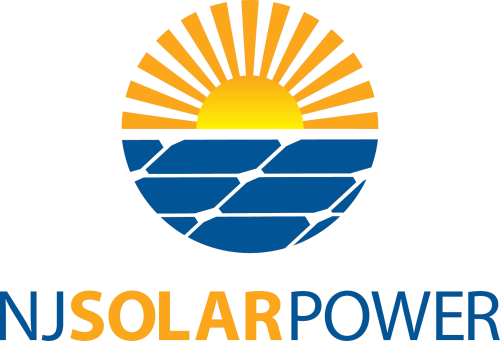Once you have decided that solar is the right choice for your business, the next decision is how to pay for it. Making that decision is not just about your financial bottom line. Even if your company has liquid assets to pay for a solar system in cash, that may not be the right choice. After all, many business owners lease their business property rather than owning it. You may not want to buy expensive improvements for someone else’s real estate. Instead, you might want to consider different financing methods.
If you own your business in a long-term lease, purchasing the system in cash may be the best option. Then, you get all of the benefits of the solar system, including considerable tax savings. Even if you have previously priced solar systems, this is an option worth investigating. That is because solar prices are dropping as it becomes more widely available. You may be able to afford an outright purchase, especially if you factor in the tax savings from the year.
Business owners can get a 30% tax credit on purchased solar systems. A tax credit is different from a tax deduction. A credit is a dollar-for-dollar adjustment to the amount of taxes you owe. So, every solar system is 30% off. While you cannot get money back with this tax credit, you can carry it forward for up to 20 years, which can help reduce your tax burden for years. You can also accelerate up to 100% of the solar system’s cost basis, reducing your taxable profit.
If you do not have the money to purchase solar in cash, you can look into financing. You can finance solar through your solar installer or get a solar loan through a bank or other commercial lender. Your solar savings will generally pay for the loan payments, so you can choose this option even if you do not anticipate enough revenue to cover the cost of solar. Plus, you still get the tax benefits of purchasing the system.
An alternative way to finance solar is to use a capital lease. A capital lease is a particular type of lease that works like a rent-to-own scenario. Once you pay off the system, you own it. Capital leases usually have higher payments and shorter terms than traditional lending.
You may also want to consider power purchase agreements (PPAs). In those scenarios, the solar company installs solar at their expense. You get the electricity, but you have to pay for it. The rate is lower than the rate of electricity through the grid. You do not get the tax savings for the equipment. Plus, you are still paying a monthly electricity bill. However, it is an option for a company that wants to go green but does not have the capital to purchase solar outright.
